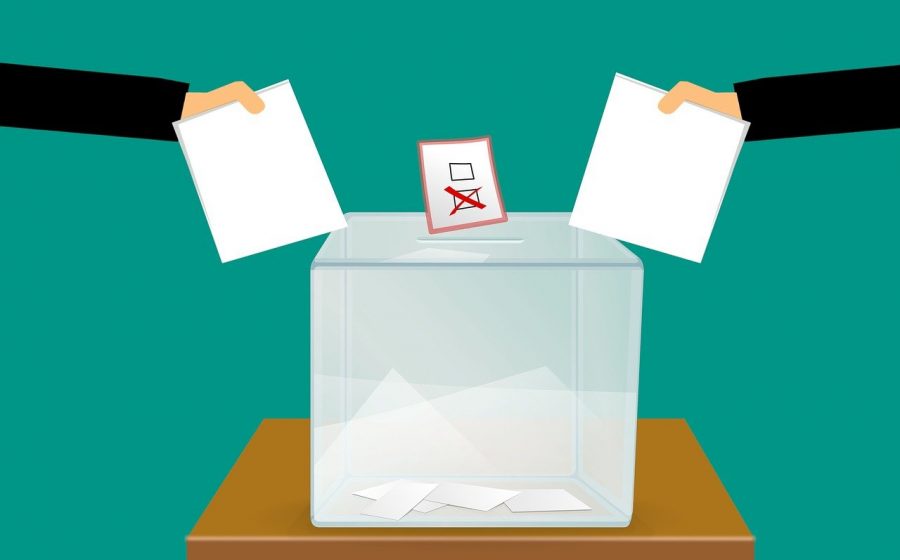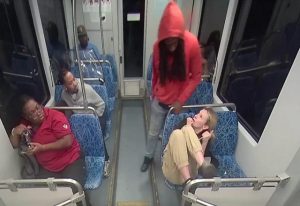Lowering the Voting Age; Why High Schoolers Should Have a Voice in our Democracy
October 29, 2020
You have to be twenty-one years old to consume and purchase alcohol, twenty-five years old to rent a car, eighteen years old to vote, and sixteen years old to provide legal consent. So what age are we really considered adults?
The twenty sixth amendment lowered the voting age from twenty-one to eighteen due to the fact that young men were being drafted to fight in the Vietnam War before they were able to have a say in the laws and the government was sending them into war. Now, I believe it is time to lower the voting age once again to include sixteen and seventeen year olds.
In today’s political climate it is more important than ever to exercise your personal right to vote. This, however, does not seem to be the opinion of many Americans as in the 2016 only 55% percent of eligible voters cast their ballot in the presidential election. Even more disturbing is the fact the 18-29 age group consistently has the lowest voter turnout rate then any other age group despite the fact that they make up approximately 33% of the electorate.
By lowering the voting we could work to hopefully extend voter turnout as voting could be seen as a right and privilege from an earlier age. I think one of the main issues with those on the younger side of the 18-29 age group is that they simply do not know how to get involved or what to do in order to be able to cast their vote. By allowing young adults a vote earlier schools could further support young adults with the voting process. This could work to not only extend voter turnout for the younger age group, but also increase it in the long run.
While opponents of said issue express doubts in the level of education as well as maturity level among the sixteen-seventeen year old population, here in the United States we have no form of a test that needs to be passed to prove such things thus allowing a vote. I would go as far to say that some sixteen and seventeen year old students are more educated and more aware in regards to our government than a substantial portion of our overall population–as they are currently receiving schooling regarding our government and are fully immersed in the issues and events taking place around them. Especially in the political climate we are in, there is a much bigger portion of high schoolers getting involved in activism and educating themselves in regard to the issues in the world around them.
I believe at sixteen most teenagers are fully functional successful members of society. At sixteen you are able to drive, able to get a job with very little hour limits, and are even taxed on their income. In some cases, one can even be tried as an adult in our court system. Taking this reasoning into consideration, shouldn’t they have an influence over elected officials beyond the occasional civics class debate? What happened to no taxation without representation?
The decisions being made now will directly affect their lives and their future. They should have a voice in shaping the world they have to grow up in.
This change needs to start on a local level. While passing an amendment to the constitution is a little far fetched, there is nothing stopping local governments from implementing their own change. In 2013, Takoma Park, Maryland became the first local government to do so. Young people as early as age 16 can vote in local elections. Since then, countless others have followed, marking a turning point in how we view young people’s role in politics.
We need to work to continue in pushing forward with this change. This change starts with lowering the voting age to 16.







